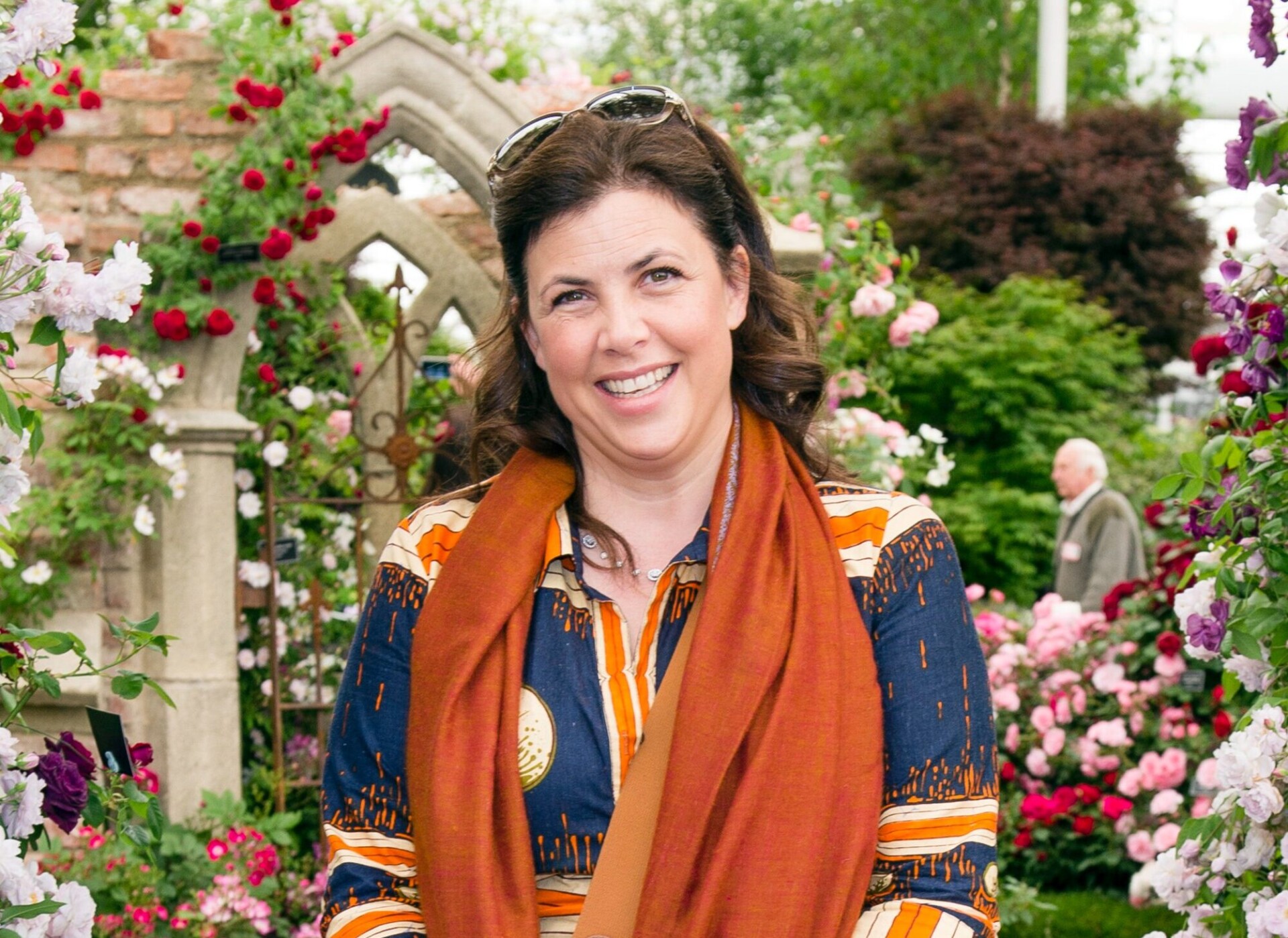The TV presenter Kirstie Allsopp has been reported to social services for allowing her then 15-year-old son Oscar to go on a post-GCSEs interrailing trip with his 16-year-old friend. Earlier this week she posted on X celebrating Oscar’s safe return from his travels, leading to a predictable furore about parental irresponsibility and the dangers of the world out there. She has retaliated by raising her own concerns about the problems caused for teenagers by the “risk-averse” parenting culture in the UK and US, compared to other societies in which children are “encouraged to learn early to be self-sufficient, and trusted to make sensible choices”.
Allsopp has referred to the work of the social psychologist Jonathan Haidt, author of the influential recent book The Anxious Generation, which holds the decline of children’s free play and the growing use of social media responsible for an “epidemic” of mental illness among young people. She argued that Oscar’s trip was “inspiring”, and in any case was “what so many, many young people did after O-levels, and now after GCSEs”.
So well done Kirstie — and Oscar. A growing number of commentators are now writing about the implications of our safetyist parenting culture for parents and children alike. The more we try to “protect” children from the dangers and pleasures of everyday life, the less we prepare them for the joys, challenges and responsibilities of adulthood. An interrail trip around Europe, in the age of mobile phones and ApplePay, is hardly the kind of dangerous neglect that overstretched social services should be worrying about; indeed, the performative, knee-jerk referral poses a far greater danger to the nation’s kids than a mother who trusts her son to go on holiday. Which children aren’t being “safeguarded” when social workers are reacting to a celebrity’s X account?
Allsopp is also right about the importance of these rites of passage in marking teenagers’ entry into the adult world. Not so long ago, the ritual of going on your first holiday without parents was put on hold by the Covid lockdowns, along with festivals, proms, driving tests, clubbing and all the other small but significant steps towards independence. This resulted in dull misery at the time, and frantic “revenge socialising” afterwards. Anybody who cares about teenagers should be frankly delighted that they are picking up the reins and trotting round the globe: we saw what happened when we made them stay at home, kept captive by our fears.
There is some welcome pushback against safetyism by grown-ups, too. Allsopp may have taken inspiration from the US writer Lenore Skenazy who, 16 years ago, was branded “America’s worst mom” for writing a column titled “Why I Let My 9-Year-Old Ride the Subway Alone”. Her son wanted the adventure and Skenazy wanted to encourage his independence. The ensuing outcry provoked her to set up the “free-range kids” movement, “fighting the belief that our children are in constant danger from creeps, kidnapping, germs, grades, flashers, frustration, failure, baby snatchers, bugs, bullies, men, sleepovers and/or the perils of a non-organic grape”, and pushing for greater cultural and legal support for children’s freedom and independence. In other words: the ability to “let grow”.
If we want our kids to flourish, we need more feisty parents and commentators to push against the paranoid parenting culture we have allowed to take hold. There’s nothing actually safe or responsible about holding children back: they have to learn to navigate the risks of everyday life at some point, and pushing this further into adulthood carries problems of its own, as employers and university lectures will confirm. Encouraging the desire for independent travel is a great step in the right direction.










Join the discussion
Join like minded readers that support our journalism by becoming a paid subscriber
To join the discussion in the comments, become a paid subscriber.
Join like minded readers that support our journalism, read unlimited articles and enjoy other subscriber-only benefits.
Subscribe